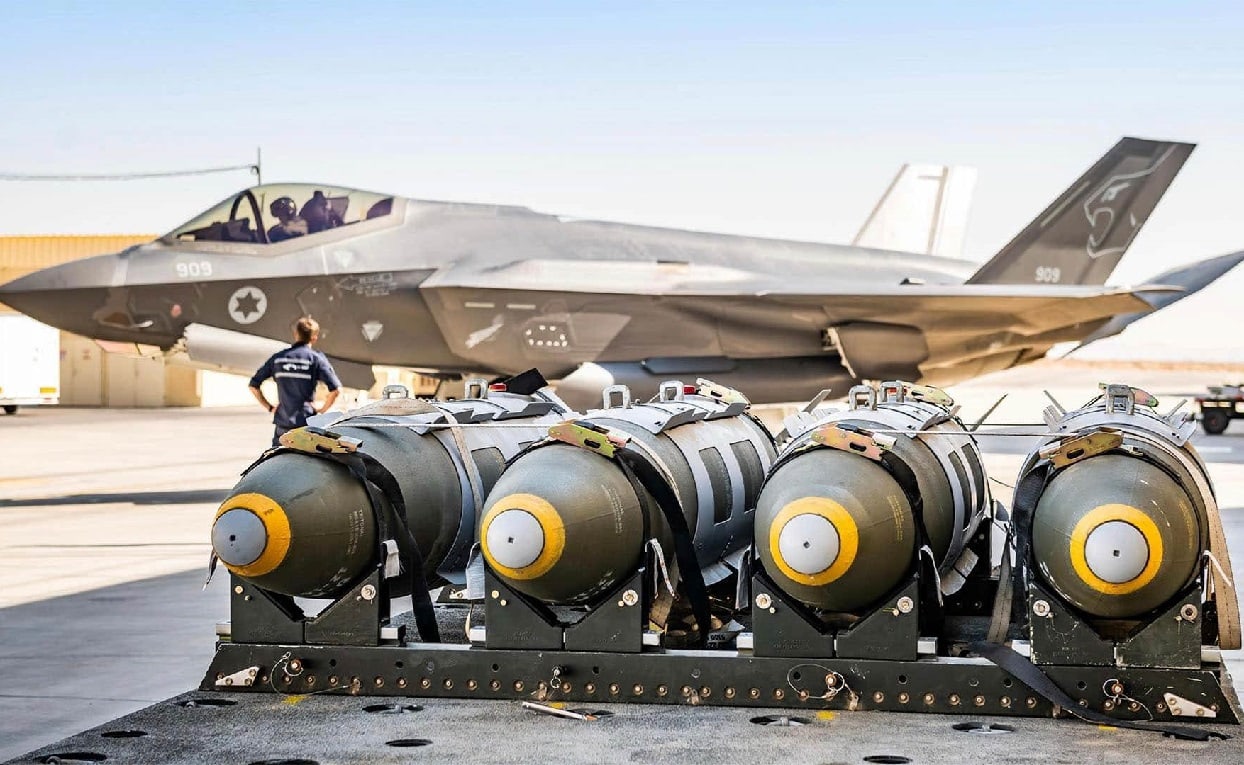In the aftermath of the horrific terrorist attack on Israel, a key question to ask is, “Why?” What does Hamas hope to gain? Various reasons have been advanced, including disrupting negotiations aimed at normalizing Israeli-Saudi Arabian relations, restoring the world’s fading attention to the Palestinian issue, and, according to a Hamas spokesman, Israel’s persecution of Palestinians and its actions at al-Aqsa mosque.
Undoubtedly, these are all contributing causes, but they may not tell the complete story.
Although Hamas is a Sunni group, the Shia regime in Tehran has provided substantial financial and material support to Hamas as part of its strategy to attract street-level Sunni support for Iran’s pursuit of regional hegemony. Through this, Iran has bought influence with Hamas leadership. As reports indicate that a key part of U.S.-led negotiations over an Israeli-Saudi Arabian normalization agreement would be a U.S. security guarantee for the Saudis, Iran wants to prevent this. A Hamas attack that sparks dramatic Palestinian-Israeli violence makes it extremely difficult for Riyadh to continue these diplomatic talks. Thus, when considering cui bono, Iran is an obvious answer.
Yet Hamas is not a wholly controlled puppet of Iran, as evidenced by their split over support for the Assad regime in Syria during the first few years of the Syrian Civil War. Hamas retains strategic autonomy. It shares an Islamist hatred of Israel with its Iranian patrons, but it is not an operational arm of the Iranian regime, bound to follow orders issued from abroad. Nor are Hamas leaders an Islamist version of Lenin’s “useful idiots,” co-opted via ignorance.
Hamas leadership understands that an attack of the scope and viciousness it carried out will be met with an overwhelming military response by Israel. The Hamas leadership is neither so naïve nor so fanatical as to truly believe this attack would result in a general uprising that topples the Israeli state.
Given the magnitude of the attack, a ground invasion of Gaza and the removal of Hamas from authority by Israel are likely inevitable. Such a consequence is not a price Hamas would pay solely to please Tehran.
Restoring attention to the Palestinian plight is surely a key intended effect of the attack, but if this were the sole driver, why would Hamas escalate the violence employed in prior attacks, knowing the Israeli response would cost Hamas control in Gaza?
Various alternative approaches could have drawn the attention Hamas wanted without threatening its political position. A reprise of suicide bombing attacks or rocket barrages could have raised the prominence of the issue while staying within understood boundaries. The same is true with respect to the Hamas claim of retaliation (or revenge). It defies reason to think Hamas would have planned and prepared a complex, coordinated attack of this nature without thinking through the next steps.
Thus, it may be that a key goal of Hamas’ attack was to cause an Israeli invasion and the removal of Hamas from power in Gaza. Hamas obtained responsibility for governing Gaza in 2006. However, Hamas, like myriad others before, has found that governing is exponentially more difficult than it anticipated. Since taking power, the group has been beset by corruption, has seen the quality of life in Gaza deteriorate under its rule, and has built only limited public support, despite the antipathy of many Palestinians toward Hamas’ main competitor, the Palestinian Authority. Ironically, Hamas leaders may have learned from watching Fatah’s demise and decided that the organization’s core identity was increasingly at risk when burdened with the responsibility of governance.
Apologists for Hamas will be quick to point to Israeli and Egyptian border controls on Gaza as the reason for Hamas’ poor performance. Yet this simplistic defense ignores that the Islamist ideology of Hamas is the reason why such controls are deemed necessary. To be sure, overpopulation and resource poverty make governance of Gaza a challenge for anyone. However, a repressive, closed, and unaccountable regime that promotes violence against its larger neighbor, ends up losing the external developmental support that a more legitimate regime might attract.
Voluntarily vacating power is not an option if the group hopes to maintain popular credibility. Hamas may therefore have determined that Israel could provide the answer of how to get out of this untenable position while making it appear to be involuntary. Israel will become burdened with responsibility for Gaza, making Israel more vulnerable both to terrorist attacks and international political criticism. Indeed, Israel does not want Gaza and will try to avoid responsibility for it if possible. But the security situation created by Hamas forces that responsibility on Israel, at least in the short term.
Hamas will pay a cost in lost personnel and materiel. More damningly, Hamas will subject the civilians of Gaza to far greater costs by inviting the destruction of war to an urban environment. But it is impossible to completely eradicate a terrorist organization — Hamas will survive.
So why did Hamas attack? Because it sought to reverse the trend toward normalization of Israeli-Arab diplomatic ties, because it sought to regain global attention for the Palestinian issue, because it holds to an extremist Islamist ideology, and, perhaps most tellingly, because it lacked the capability to govern and sought a way out.
About the Author
Clifton W. Sherrill is an Associate Professor of International Relations at Troy University and author of Losing Legitimacy: The End of Khomeini’s Charismatic Shadow and Regional Security.

